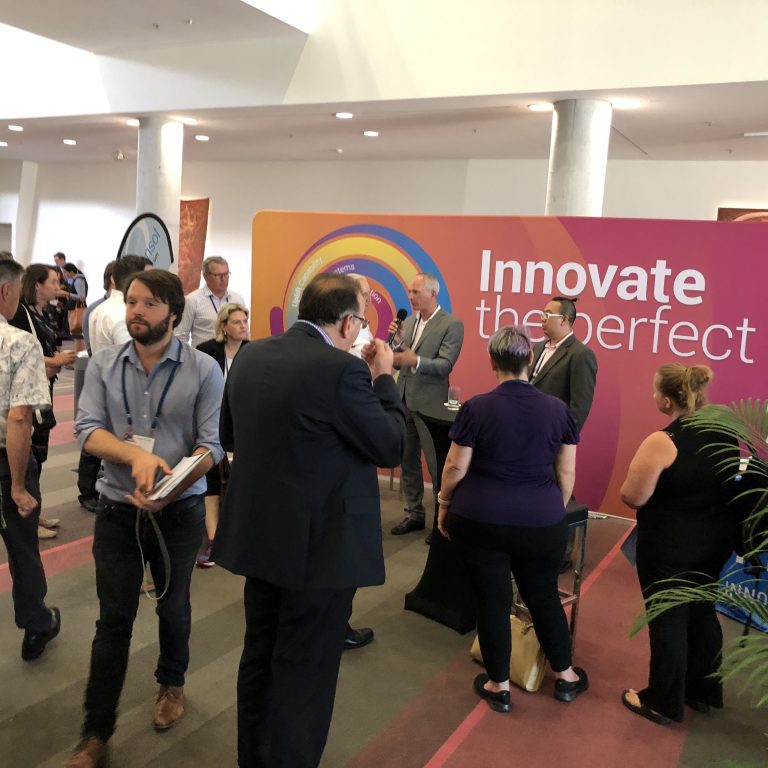#BatteryGate – what can it tell us about the need for courage and bravery in modern, Agile projects?
Is the recent so-called #BatteryGate an example of Agile gone wrong? We can’t say for sure of course, because we don’t work for Samsung. We do have a long history of delivering major technology and transformation projects in an Agile manner though. I wonder in Samsung’s case, if the project team was courageous enough to say “no”; or if the culture allowed the team to be real with their expectations and not always overly optimistic whether we’d find a happy medium between the days of old (think waterfall) to the days of now, think fast (perhaps too fast) and Agile. Perhaps something has been lost in the transition from traditional project management to more modern Agile project management.
The whole point of Agile is that design and build activities are iterative, allowing flexibility and speed for the ultimate the delivery of a working application or product. Somewhere along the line though has this morphed to mean that quality, rigour and robust business practices are compromised? “I don’t care how you do it, I just want it done by this time” or “What? Really? Are you sure it’s going to take that long?”
Thinking back to the Samsung example, I wonder if there was an Agile team member, or a test or quality manager who’s concerns were buried in the bid to meet a market launch deadline. Not once, but twice? Perhaps that person, or those teams had a project manager who knew the risks but weighed them up against not meeting target? Or, maybe the project manager did raise the alarm but was buried by those further up the food chain… We live in an age where if you seem counter-cultural and speak up about it, you’ll be branded a “naysayer”. This has unfortunately seeped into our business world as well. In the words of Jack Nicholson, people just can’t handle the truth!
Proper courage and bravery are valiant traits but are not actively encouraged in project environments. Instead, we have dictatorships and fear-driven compliance. It is the courage and bravery that are the real essential traits in people within projects – especially projects of great magnitude. Having the courage to front up to management and make sure they know that their project is in jeopardy due to a potential cost over-run, date slip or quality issue is the stuff of excellent project teams. In fact, robust project management overall. To get it wrong once on a big technical program is perhaps excusable, but rushing to fix the problem and then getting it wrong twice on a global scale, well…
So, do you have a culture that fosters bravery and courage? Ask yourselves these 7 questions:
- Are opinions of your team heard and acted upon?
- Does your team even bother to tell you if they are struggling or having issue?
- Instead, are they having corridor talks or Chinese whispers?
- Do your deadlines and iterations after iterations feel like a never-ending race to finish but never quite hit the mark?
- Do you sense in your gut that your basket called “too hard” is overflowing?
- Are your subtle hints and joking remarks of issues in the project going unheeded?
- Are the number of defects after a release always on the high side?
These are typical symptoms that your project team does not have what it takes to band together and “tell it like it is”. Or, maybe they did, but no one cared. This is a costly mistake in the age of Modern Business Transformation where courage is what it takes to move an organisation forward. Wouldn’t you agree?
About the Author
Mervin Chiang
CTIO, Procensol
As Procensol’s Chief Technology and Innovation Officer Mervin brings more than a decade of experience in strategic thinking, software, systems and process-centric design for business transformation. Mervin is responsible for Procensol’s global consulting services and product portfolio. He is also responsible for global marketing and driving growth within the Asia Pacific region. Originally from Singapore and now based in Brisbane Australia, Mervin has held positions ranging from strategic BPM consulting, channel management to vendor product sales.
Related Posts

Innovation-as-Usual
“Nobody gets excited if you elaborate on what’s broken…” Professor Michael Rosemann joins us on the Procensol and MBT booth at BiiG 2017 to discuss…
Read More
Change: Overdone short-term & underdone long-term?
The title is an adapted version of Bill Gates’ now famous quote “We always overestimate the change that will occur in the next two years…
Read More

